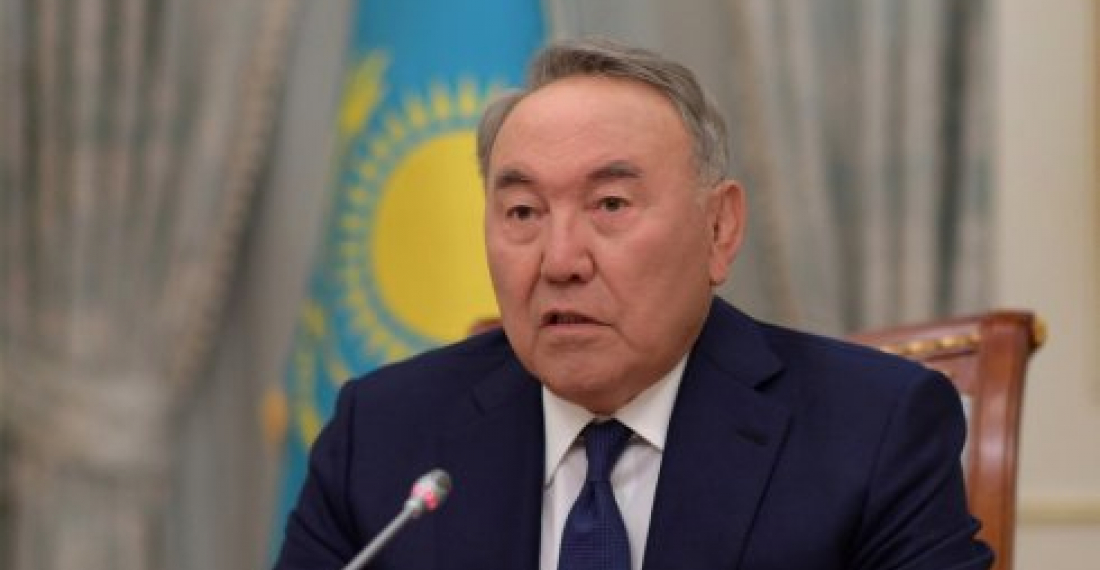Kazakhstan's long serving president, Nursultan Nazarbayev on Tuesday announced his resignation as head of state in the Central Asian republic. Nazarbayev was the first, and so far the only president of Kazakhstan following its independence when the Soviet Union dissolved in 1991. He steered the country through the difficult early days of independence, maintaining stability and ushering a new era of prosperity based on the country's energy resources.
In recent years Nazarbayev played a role of father figure in the councils of the institutions that succeeded the Soviet Union, such as the Commonwealth of Independent States, the Collective Security Treaty Organisation and the Eurasian Economic Union. This was partly due to his ability to forge very close relations to the new leaders of Russia, and significantly with president Putin, whilst at the same time securing Kazakhstan's sovereignity and independent foreign policy.
Nazarbayev will remain an influential person in the country. His role as "First president" is secured in the constitution, and he will remain Chairman of the National Security Council and of the ruling party. Nonethless, his resignation marks the end of an era for Kazakhstan and starts the process of transition to a new president, who is expected to be elected next year. In the interim, the chairman of the Kazakh Senate Kassym Jomaat Tokayev will serve as president of the country.
source: commonspace.eu
photo: Nursultan Nazarbayev, outgoing president of Kazakhstan (archive picture)







